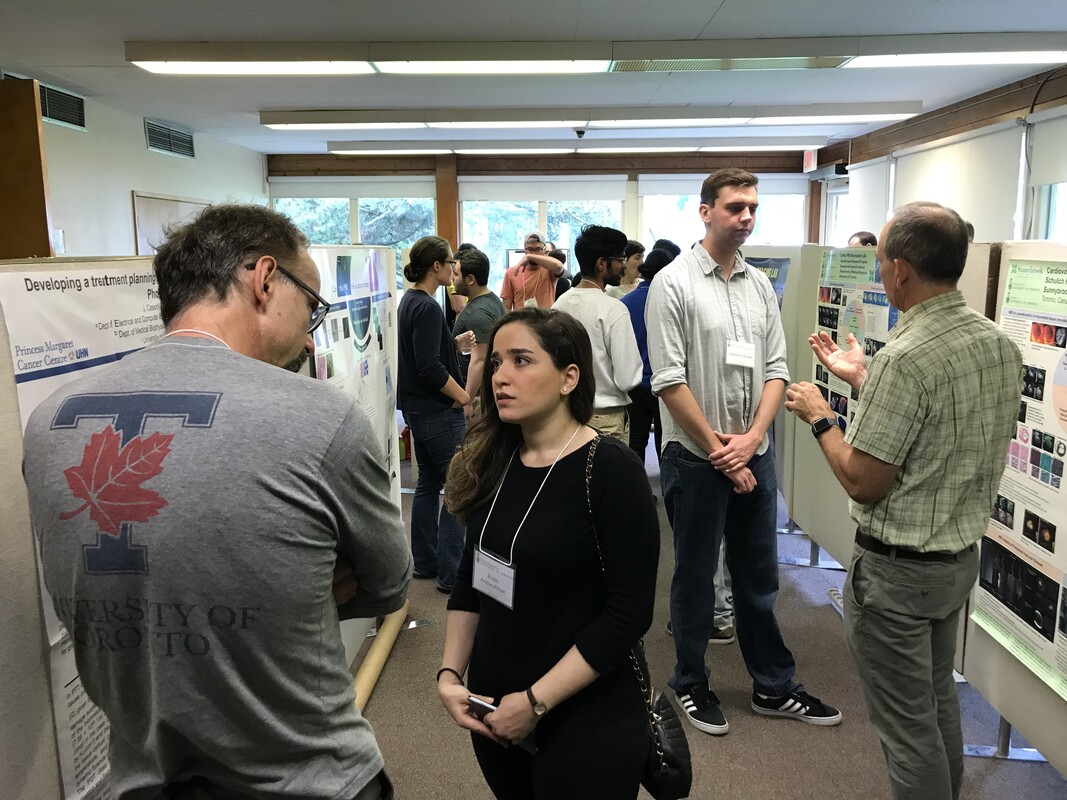Choosing between pursuing a PhD in Physics and attending medical school presents a formidable dilemma for many students captivated by the intricate realms of science and health. Both career paths offer substantial opportunities to engage with cutting-edge knowledge, albeit in markedly different contexts. The decision often hinges not only on individual interests but also on the underlying motivations driving the pursuit of either path.
At first glance, the realms of physics and medicine might seem markedly distinct, yet they encapsulate a common undercurrent: the quest for understanding the universe and improving human existence. Physics, with its rigorous analytical frameworks, provides insight into fundamental principles that govern matter and energy. In juxtaposition, medicine encapsulates the application of scientific principles to promote health and treat disease. Understanding the allure of each path requires introspection into personal aspirations and philosophical inclinations.
A deep-seated fascination with the laws of nature often drives students toward a physics PhD. This path delves into the minutiae of the universe. Graduates become adept at deciphering complex phenomena, employing mathematical constructs, and conducting empirical research that can reveal the minutest workings of the natural world. The allure of theoretical exploration—akin to probing the foundational questions of existence—energizes many. Researchers in this domain engage in pursuits ranging from quantum mechanics to astrophysics, often pushing the boundaries of human comprehension.
Conversely, medical school draws those compelled by the human condition and the intricacies of the human body. A profound fascination with the intricacies of biological systems, the mechanisms of disease, and the art of healing often compels individuals toward this vocation. Here, the emphasis shifts from abstract principles to tangible applications. Medical professionals wield knowledge to enact change, relieve suffering, and promote well-being. The immediacy and palpable impact of healthcare can offer a profound sense of fulfillment; thus, the choice often resonates with individuals who prioritize societal contribution and interpersonal engagement.
The perception of impact distinguishes the two pathways significantly. While a physicist may contribute foundational knowledge that informs various technologies and scientific advancements, a medical doctor directly interacts with patients, influencing individual lives in immediate and profound ways. Some individuals thrive on the adrenaline of uncertainty and decision-making entailed in medical practice, while others are drawn to the abstract problem-solving skills fostered in physics research environments.
An additional consideration is the nature of the requisite training and the demands each entails. Pursuing a PhD in Physics typically necessitates years of intensive study, research, and dissertation writing. Students engage in rigorous coursework and undergo a comprehensive examination process designed to cultivate analytical and experimental prowess. This track often culminates in a significant research project, contributing original knowledge to the field. The path to a PhD requires perseverance, intellectual curiosity, and a capacity for abstract thinking, culminating in a commitment to advancing theoretical paradigms.
In contrast, medical school presents a structured yet demanding curriculum that integrates both academic learning and clinical training. Students transition from foundational sciences to the rigorous study of anatomy, pharmacology, and pathology, often transitioning into patient care through clinical rotations. The timeframe, while also extensive, is framed by direct patient interactions, fostering a distinctive skill set that combines scientific acumen with emotional intelligence. These dual demands imbue medical training with complexity, yet it is often accompanied by the gratifying immediacy of patient outcomes.
Financial considerations can also weigh heavily in this decision-making process. Traditionally, medical graduates often command substantial salaries following the completion of their training, reflecting the high demand for medical professionals. In contrast, individuals holding a PhD in Physics may find themselves in a research or academic environment where salaries can vary significantly and are often less lucrative than those in medicine, particularly in non-industrial positions. This discrepancy can be a compelling factor for individuals prioritizing financial security and stability.
Moreover, the professional landscapes for PhD physicists and medical doctors differ apropos of career trajectories. Physics PhD holders may pursue academia, industry research, or government laboratories, whereas medical doctors have a more established pathway within clinical settings, whether in private practice, hospitals, or academic medicine. The flexibility enjoyed by physicists to pivot into diverse fields like data science, finance, or engineering presents a contrasting dynamic for those with medical degrees who are largely integrated into healthcare environments.
Nevertheless, the traditional dichotomy between these two paths is increasingly yielding to interdisciplinary endeavors. Scientific advancements are forging connections whereby physicists collaborate with medical professionals to innovate in medical technology, diagnostic imaging, and therapeutic interventions. Such interdisciplinary ventures exemplify the beauty of converging disciplines and the expansive horizon they create for addressing complex health-related challenges.
Ultimately, the decision to pursue a PhD in Physics or enter medical school is deeply personal and multifaceted. It necessitates contemplation on intrinsic interests, the desire for impact, career aspirations, and financial considerations. A synthesis of these deliberations can lead to a fulfilling career that accords with one’s values and passions. Whether one treks down the route of theoretical inquiry or embarks on the transformative journey of healing, both paths resonate with the overarching human pursuit of knowledge and service, each contributing ineluctably to the intricate tapestry of human experience.












